When you knock out a tooth or notice severe pain in your mouth, you know to call your dentist. But you should also tell your dentist about any concerns with your smile, even if they seem mild.
Minor dental symptoms could signify a larger concern that may require urgent care from your dentist. So rather than ignore these problems, contact your local dental professional.
You can feel more encouraged to reach out to your dentist when you know what types of symptoms could lead to these dental health concerns. Read on to learn about three seemingly small dental issues that could point to a major problem with your oral health.

Tell Your Dentist About These Dental Problems
Tooth Sensitivity
Tooth sensitivity refers to a sharp jolting pain that occurs when a cold or sugary food item touches a certain tooth. Though the sensation fades when the stimulus leaves the tooth, it can still feel excruciating. It may lead you to alter your eating habits, putting your overall well-being in danger.
Tooth sensitivity occurs when the outer layer of the tooth wears down, exposing the nerves within the tooth. The pain comes when an item stimulates these nerves. Gradual erosion may give you tooth sensitivity.
But it may also happen due to a larger dental problem like tooth decay. Bacteria will eat away at your enamel, giving you a cavity or more damage to your dental structure. And the condition will worsen without treatment from your dentist.
So to avoid irreversible dental harm, do not ignore tooth sensitivity, even if you think you can tolerate the pain. A dentist will evaluate the cause of this tooth pain and provide appropriate treatment to resolve the issue and alleviate this symptom.
Bleeding Gums
Sometimes your gums might bleed due to harsh tooth-brushing habits or other acute reasons. But bleeding gums that persist without a clear cause could be a sign of gum disease, an infection in the gum tissue.
You will need a dentist to treat this issue or it can progress and worsen, putting you in danger of tooth loss and other severe dental damage. Other signs of gum disease include soreness, swelling, and other irritation in the gums. They may seem more annoying than dangerous, but you should seek a dental evaluation to make sure.
Chronic Bad Breath
Bad-smelling breath can impact the best of us, especially after consuming a garlicky meal. But if bad breath does not go away after brushing and flossing your teeth, it might point to an oral health problem.
Bad breath, or halitosis, usually stems from lingering food particles starting to decay in the mouth. But oral infections and other dental issues might also produce a foul odor as they hurt your smile.
So if you cannot get rid of your bad breath, you should consult your dentist. They can help pinpoint the cause, treat an underlying issue, and resolve this uncomfortable condition.
